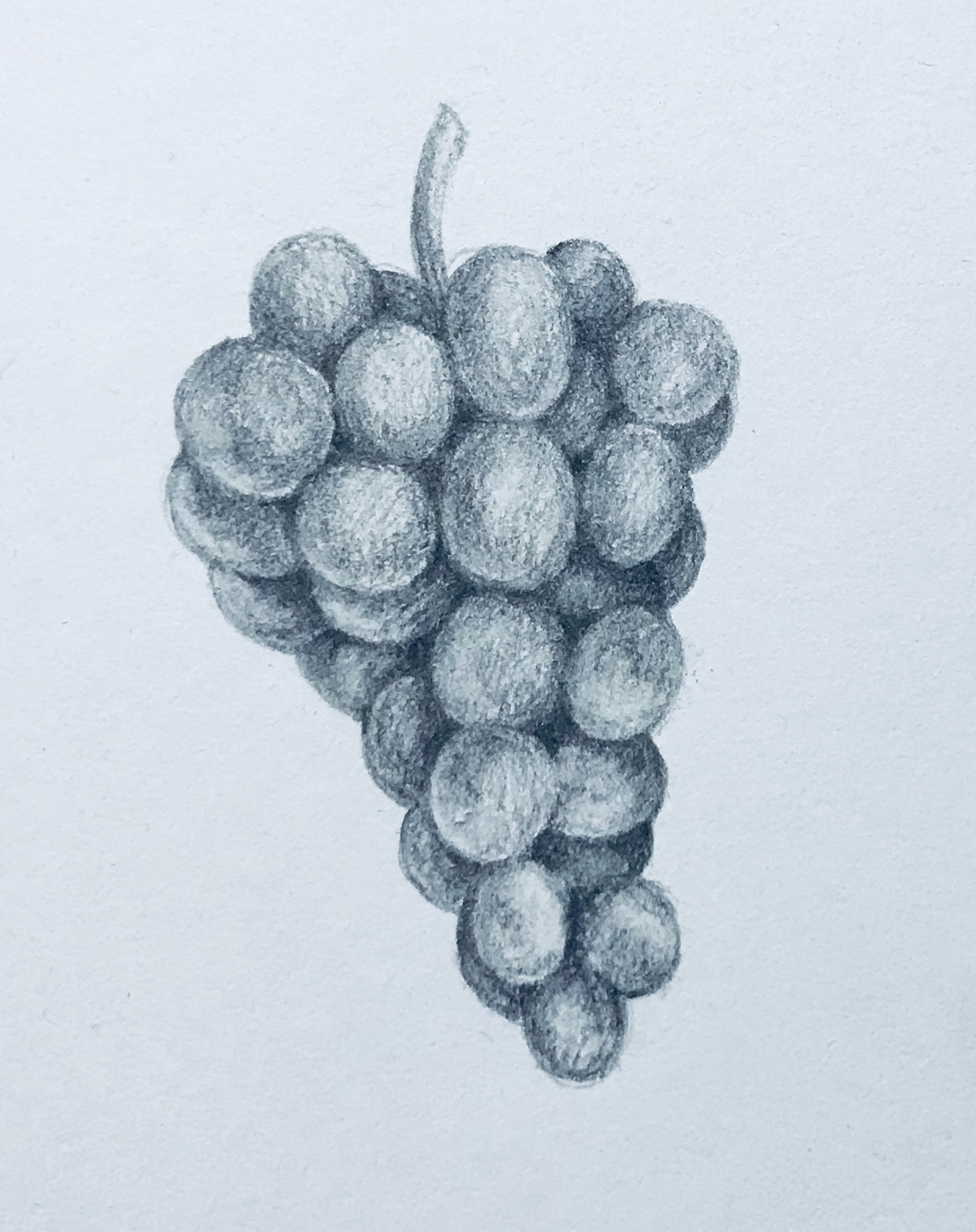
It is generally easy to be generous with people we love. In fact, since generosity is not strictly speaking an obligation it would only make sense that we reserve our generosity for certain people and certain circumstances. When Ahab comes asking Naboth for his vineyard, pretty much none of the requisite conditions for generosity are met: King Ahab is not poor and does not need the vineyard, there is no friendship between him and Naboth, and Ahab has blatant disregard for the divine significance of ancestral heritage. Indeed, it is for that last reason that Naboth refuses to give up his land to the king. It is Naboth’s piece of the land promised by God to Israel. Naboth has a strong sense of satisfaction with what the Lord has provided him, he needs nothing further. The soil of Naboth’s vineyard nourished vines that produced delicious grapes because Naboth treated it as a special gift from God passed on to him from his ancestors. Ahab wanted the soil and disregarded what God’s intended purpose was for that soil. Ahab forgot that it is God who gives the growth and causes fruit to ripen for the harvest.

